In 2020 Finland has compiled an interim report on the implementation of the 2030 Agenda for sustainable development. Finland’s current Government Programme (2022–) is premised on an economically, ecologically and socially sustainable society built on competence and inclusion. Finland’s prosperity is based on growth resting on education, research and innovation. People’s strong basic skills and capabilities to learn new things and upgrade their competence throughout their lives and careers play a key role amidst the transformation of the world of work. Special focus in all the activities is on the green transition.
In the field of education, the Government has specified the following objectives in connection with Agenda 2030:
1. the level of education and competence among the population will rise at all levels of education, differences in learning outcomes will decrease, and educational equality will increase;
2. children and young people will feel well;
3. education and training will enhance gender equality and non-discrimination in society; and
4. Finland will be an internationally attractive place to study, conduct research and invest.
Finland has developed education and training at all levels with due attention to increasing wellbeing and community spirit. Emphasis is also placed on a competence approach, such as the essential key skills: learning and problem-solving skills, multiliteracy, and creative and critical thinking.
In the future, everyone should have the capacity to engage in lifelong and continuous learning, including at the workplace. Development of continuous learning is based on working methods and conceptualisation geared towards meeting the demand from society and businesses. In the Finnish context, the holistic approach towards sustainable development in schools and other educational institutions means that learning environments, everyday organisational culture and school management and leadership are also targets of continuous improvement alongside learning contents. Sustainable development is already effectively captured in learning contents within documents such as the National Core Curricula for early childhood education and care, basic education and VET.
Actions taken to support Green Transition in VET
At the end of 2021, the National Agency for Education gave altogether 3,5 m€ to support and accelerate the sustainable development and green transition in VET. The development programme (2022 -2023) aims at strengthening the transition of vocational training towards a carbon neutrality and a sustainable future. In vocational education and training, a green transition and a sustainable future mean a holistic change, in which the goals of reducing the sustainable handprint and footprint of education and training go through all the activities of the education provider. Sustainability goals guide management, operations and operating culture, co-operation in working life and the role of regional developers, as well as learning and teaching. The Minister of Education and Culture Ms. Li Andersson states that the role of vocational training in combating climate change is significant and the transition to a sustainable society affects all sectors and it is important that VET is able to provide students with the knowledge, skills and experience needed for this huge task. The educational institutions’ own operating culture is an important part of the change leading to sustainable operations.
At the heart of the program for the development of sustainable development and green transition in vocational education and training is the preparation of a national sustainability roadmap for vocational education and training and local sustainable development programs based on it, as well as other promotion of green transition. The national roadmap frames the definition of local objectives and measures. The preparation of the roadmap is carried out in VASKI – the Responsible and Sustainable Vocational Training project coordinated by Sataedu and in which 60 project partners (VET provides and other actors in VET) participate.
The forthcoming development program is part of a wider climate and sustainability education package that supports the change in the operating culture of primary and secondary schools towards an ecologically sustainable lifestyle and strengthens learners’ climate change mitigation skills. The funded projects will also develop the skills of school leaders and teachers to ensure adequate capacity for the green transition of the institution’s activities and teaching, as well as the measurement of the carbon footprint of education and the calculation of the effects on nature.
Source: Kestävää kehitystä tuetaan ammatillisessa koulutuksessa 3,5 miljoonalla | Opetushallitus (oph.fi)
Climate change
Stepping up efforts to combat climate change is quite a topical theme in education, training and research as well. In 2019, the Finnish National Agency for Education launched an awareness-raising programme entitled ‘Climate Responsibility in Education’ to strengthen the means to support learning about climate responsibility. The programme aims at creating a learning vision for 2025 on climate responsibility.
The impact program has compiled material for climate and environmental education and the circular economy for use in the teaching of various school levels and subjects. The website also contains information for the development of teachers’ own skills, as well as for the management and development of the operating culture of schools and educational institutions.
Evaluation of sustainability in TVET
In the Finnish TVET sustainability is considered one of the key skills and an essential part of vocational competence. The Finnish Education Evaluation Centre (Karvi) conducted an evaluation of the sustainable development learning out-comes of vocational upper secondary qualifications in spring 2015. The aim was to evaluate how well the sustainable development objectives defined in the qualification requirements for vocational qualifications have been achieved. In addition to this, the evaluation aimed to produce information that education providers could utilise in the development of their own activities and teaching as regards the sustainable development objectives. The assessment of sustainable development focused on comprehensive ecological, social, cultural and economic sustainable development competence. The competence in regard to the different dimensions of sustainable development was examined from the perspectives of overall competence as well as knowledge-based and functional competence.
Sustainable Development is the theme of 2022 in the Annual Quality Award in VET
The Quality Award encourages VET providers to evaluate and continuously improve the quality of their activities. The aim is to find best practices to share and to promote the value, attractiveness and visibility of VET. The theme of the quality award, which changes annually, highlights key educational policy goals and promotes their achievement.
Sustainability at Vocational College Live
Vocational College Live based in the capital area of Finland is a college for students with demanding special needs thus we are in our part participating to ensure inclusive and equitable quality education and promoting lifelong learning opportunities for all. At Vocational College Live the development sustainable skills are embedded into all learning contents, the focus being especially on the functional based competence i.e. learning by doing, whether you are a student in the rehabilitative education for work and independent living or a student in TVET.
In the verge of Covid-19 lockdown, we opened our brand-new school building in Espoo. The design of the new school building is based on consideration of sustainable solutions, e.g. accessibility and energy saving. Students with special needs include, for example, multiple disabilities, various forms of autism or visual impairment. In addition to the usual accessibility factors, direct natural light, reflections, disturbing sounds, certain environmental stimuli and the need for instructive, structural solutions were identified and taken into account to create an accessible and sustainable learning environment.
In fall 2021, Live opened its first Goodwill® store which is based on recycling business. The Goodwill® store serves also as a learning environment for all our students in vocational education, where students are introduced to a more sustainable lifestyle through practical training.
- Kestävää kehitystä tuetaan ammatillisessa koulutuksessa 3,5 miljoonalla | Opetushallitus (oph.fi)
- http://julkaisut.valtioneuvosto.fi/bitstream/handle/10024/162268/VNK_2020_8_Voluntary_National_Review_Finland.pdf?sequence=4&isAllowed=y
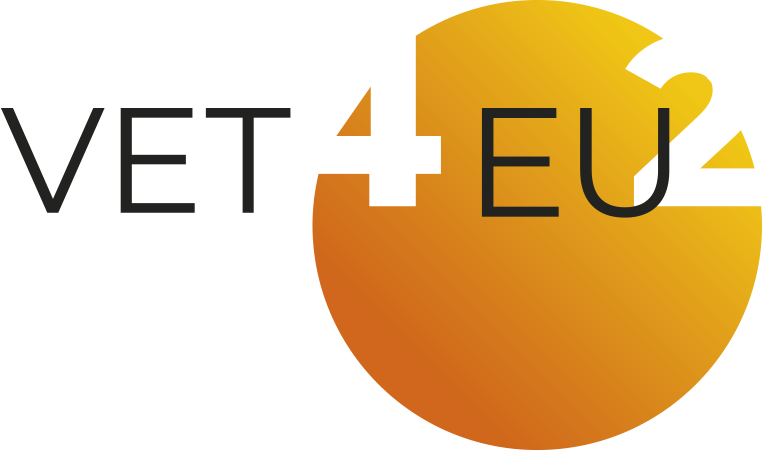
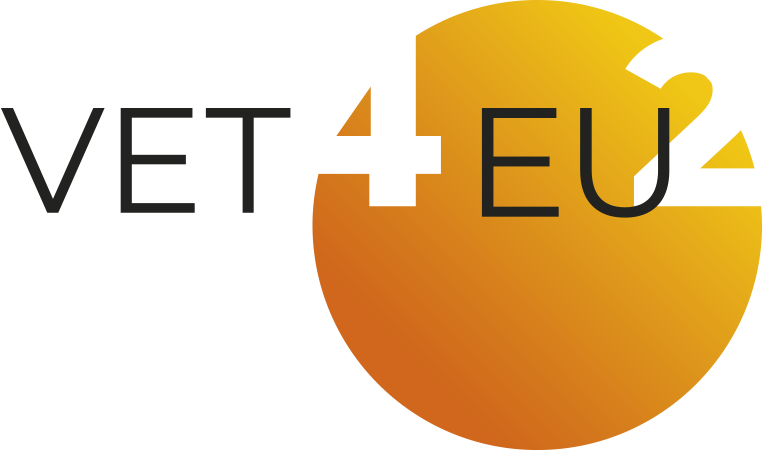

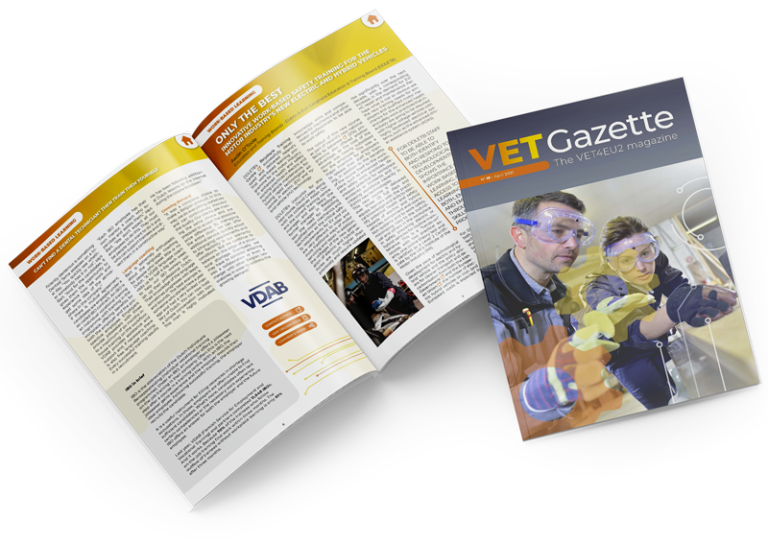
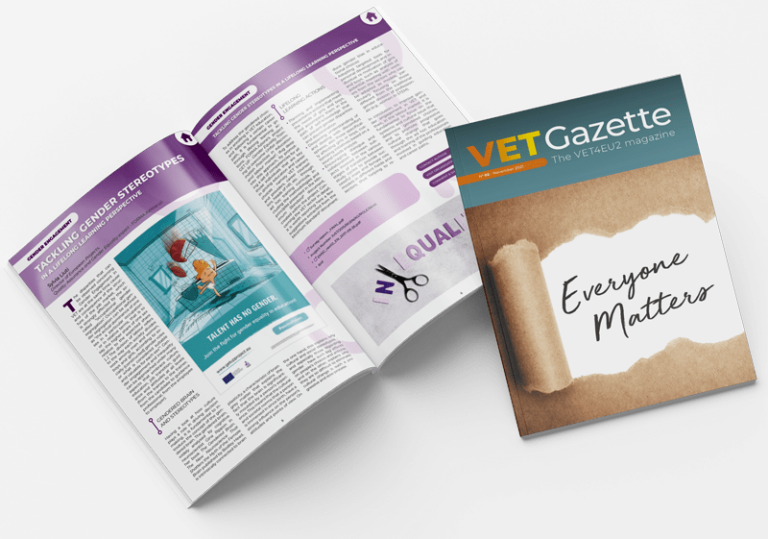
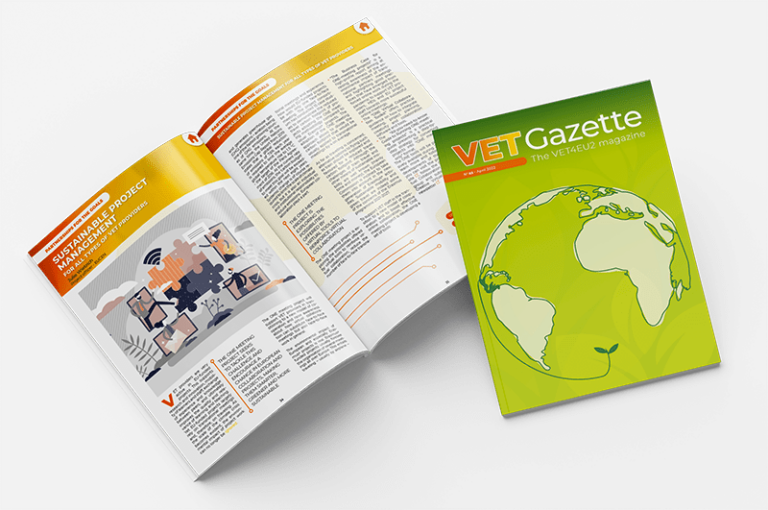
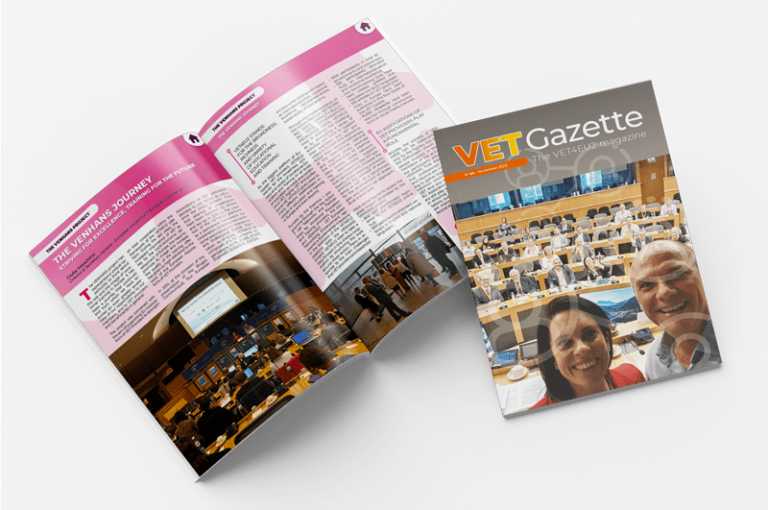

Responses